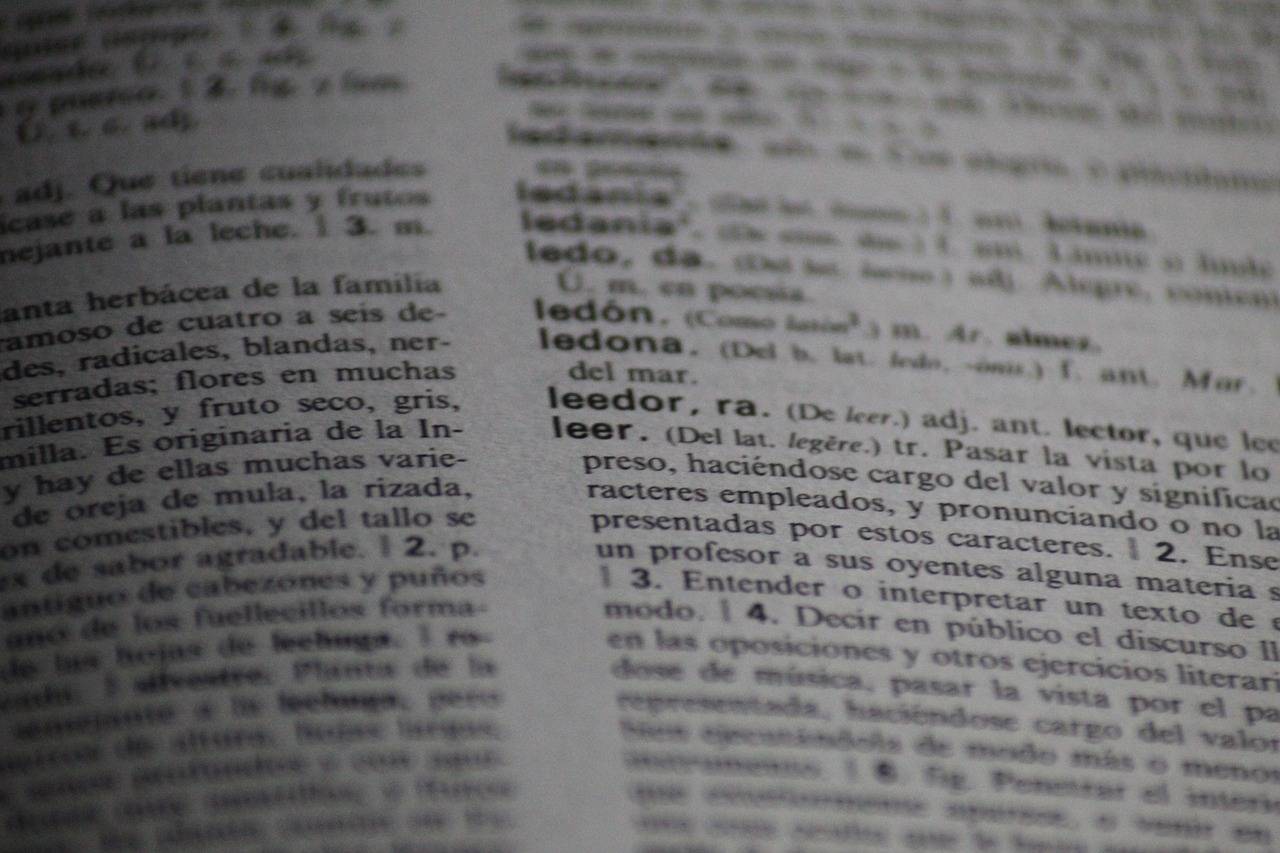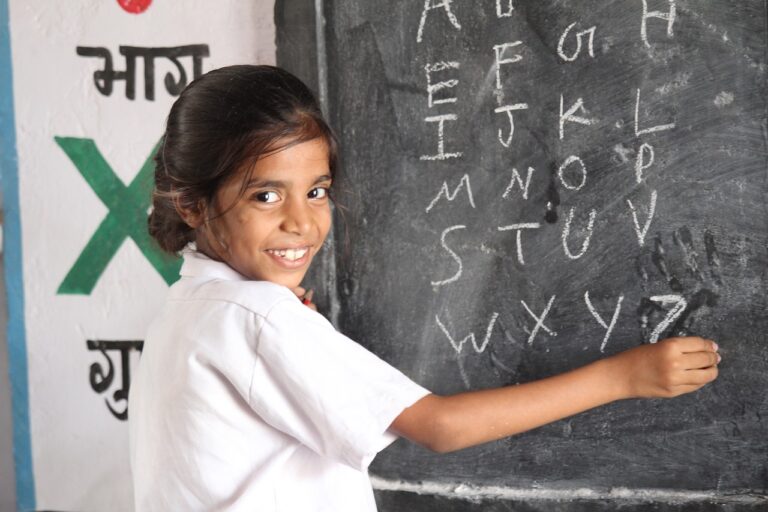Strategies for Effective Parent-Teacher Communication
laser247 register, lotus3655, sky247login:Effective communication between parents and teachers is essential for the success of students in school. When parents and teachers work together to support a child’s education, the results can be truly remarkable. However, in order for this partnership to be successful, it’s important for both parties to understand the strategies for effective communication.
Establishing a strong line of communication between parents and teachers can help ensure that everyone is on the same page when it comes to a child’s academic progress and well-being. Here are some strategies for effective parent-teacher communication:
1. Open Lines of Communication: The first step in building a successful partnership between parents and teachers is to establish open lines of communication. Parents and teachers should feel comfortable reaching out to each other with any concerns or questions they may have.
2. Use Multiple Communication Channels: In today’s digital age, there are many different ways to communicate with parents, including email, phone calls, text messages, and even social media. By using multiple communication channels, parents and teachers can ensure that important information reaches everyone in a timely manner.
3. Schedule Regular Check-Ins: Setting up regular check-in meetings between parents and teachers can help keep everyone informed about a child’s progress. These meetings can be held in person, over the phone, or via video chat, depending on the preferences of the parents and teachers involved.
4. Be Positive and Constructive: When discussing a child’s academic performance or behavior, it’s important to be positive and constructive in your communication. Focus on solutions rather than problems, and always try to frame feedback in a way that is helpful and supportive.
5. Listen Actively: Effective communication is a two-way street, so it’s important for both parents and teachers to listen actively to each other’s concerns and feedback. By listening carefully and empathetically, both parties can gain a better understanding of the child’s needs and work together to address them.
6. Celebrate Achievements: It’s important to celebrate achievements, big and small, throughout the school year. By acknowledging a child’s successes, both parents and teachers can help boost their confidence and motivation to continue working hard.
7. Address Issues Promptly: If issues arise, it’s important to address them promptly and openly. Avoiding difficult conversations will only lead to more problems down the road, so it’s best to tackle issues head-on in a respectful and constructive manner.
8. Set Clear Expectations: Clearly communicate expectations for both students and parents from the beginning of the school year. This will help ensure that everyone is on the same page and working towards the same goals.
9. Provide Resources and Support: Offer resources and support to parents who may be struggling to support their child’s education at home. This could include information on study tips, educational websites, or local tutoring services.
10. Acknowledge Cultural Differences: Be mindful of cultural differences that may impact parent-teacher communication. Respect and embrace diversity, and be open to learning about different cultural perspectives.
Effective communication between parents and teachers is key to supporting a child’s academic success. By following these strategies for effective parent-teacher communication, parents and teachers can work together as a team to help children reach their full potential.
FAQs:
Q: How often should parents and teachers communicate?
A: Communication frequency may vary depending on the needs of the child and the preferences of both parents and teachers. However, regular check-ins, such as monthly meetings or weekly email updates, can help keep everyone informed.
Q: What should I do if I have concerns about my child’s progress in school?
A: If you have concerns about your child’s progress, reach out to their teacher as soon as possible to discuss your concerns. Together, you can come up with a plan to address any issues and support your child’s academic success.
Q: What if I don’t agree with the teacher’s assessment of my child?
A: If you don’t agree with the teacher’s assessment, remain calm and respectful during discussions. Share your perspective and work together to find common ground and solutions that benefit your child.







